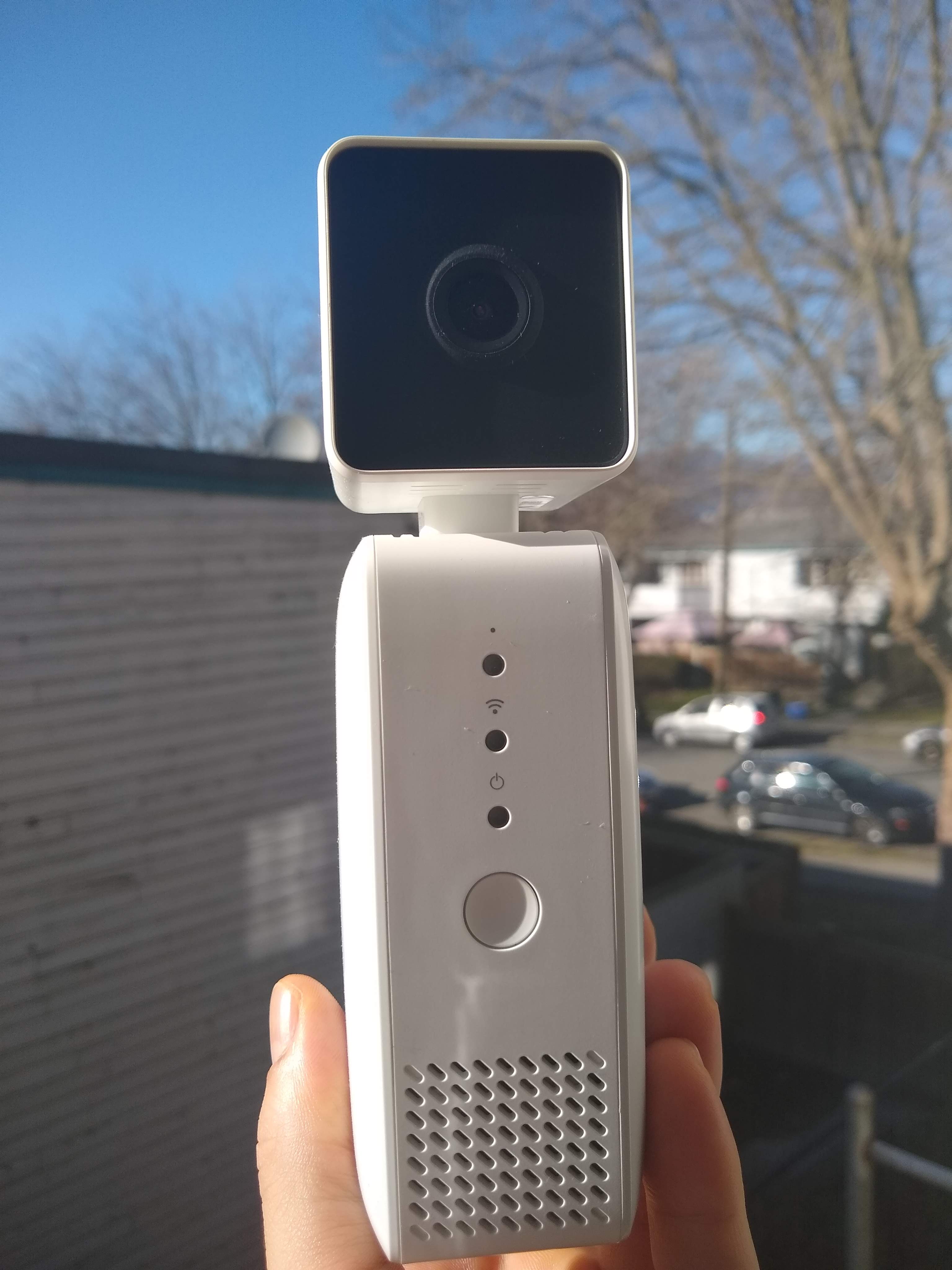Linting Ruby In Your Editor
 Photo by Kimberly Vardeman, used under CC BY 2.0
Photo by Kimberly Vardeman, used under CC BY 2.0
Ruby developers have access to a variety of linters and static program analysis tools that can greatly improve developer efficiency and code quality by catching syntax errors, detecting code smells, and making coding style suggestions based on popular style guides.
I have been a long-time advocate of configuring development environments with automatic code linting and will use this post to highlight some of the available tools for Ruby and methods for integrating them with popular code editors (Vim, Emacs, and Visual Studio Code).
Configuring your editor for automatic linting makes it much easier to identify and fix issues with your code at development time, and in-editor integration is very convenient for highlighting problems as you type (or save), making it easy to evaluate and improve the quality of your code as it is written.
Three popular linting plugins/extensions for Vim, Visual Studio Code, and Emacs are:
Asynchronous Lint Engine (ALE) Plugin for Vim
Provides asynchronous linting in Vim while you edit, and displays warnings/error messages in the editor. Supports the following tools for Ruby development and runs them …
ruby vim vscode emacs tools
SCAM ALERT: EndPoint Petroleum Corporation, P&Z Petroleum

Photo by Jefferson Santos on Unsplash
This blog post is to alert the public, targeted individuals, and relevant authorities about a scam being perpetrated under the guise of a fictitious company called “EndPoint Petroleum Corporation”. The scammers have set up a website for this fake company, copying much of the content from Noble Energy. The scammers have adapted an old version of our logo for their nefarious purposes.

We will refrain from posting the URL for the scammers’ website since we don’t want to increase its SEO ranking, but it is shown in the image capture above. At first glance this website looks legitimate, but closer observation provides abundant evidence to the contrary. Rather than posting a list of its defects which would assist the scammers, I urge the interested reader to spend five minutes on the website.
An email forwarded to us from one of their targets provides an example of how the scammers are trying to use their website. They are targeting people outside the US with experience in the Oil and Gas Industry, telling them that they have been “shortlisted” for an Operations Manager position with the bogus company. The scammers then tell their targets to contact …
scam security
Cloudflare and Vue SSR; Client Hydration Failures

Photo by freestocks, used under CC0 1.0
I recently worked on getting a client’s Vue application converted to use Server Side Rendering (SSR). SSR works by generating the app’s initial HTML structure using a server-side process and then using client-side JavaScript to initialize or “hydrate” the application state on the client-side.
This worked out well in development and testing, however when it came time to roll things out to production, we ended up with a non-functioning application. While the server-rendered content was displaying inline, the client hydration piece was failing, and I was seeing browser console errors that I had never encountered before:
The error in Chrome:
chunk-vendors.342a7610.js:21 Uncaught DOMException: Failed to execute 'appendChild' on 'Node': This node type does not support this method.
...The error in Safari:
[Error] HierarchyRequestError: The operation would yield an incorrect node tree.
get (chunk-vendors.342a7610.js:27:30686)
er (chunk-vendors.342a7610.js:27:30565)
Le (chunk-vendors.342a7610.js:27:27806)
xe (product-listing.0773c46e.js:1:18553)
[Error] TypeError: undefined is not an object (evaluating 't.$scopedSlots') …vue cdn javascript
Vue.js Remote Devtools Review
 Photo by Marco Verch, used under CC BY 2.0
Photo by Marco Verch, used under CC BY 2.0
Most Vue.js developers will be familiar with Vue.js devtools in the form of Chrome or Firefox browser extensions/addons. The Vue.js devtools integrate nicely into Chrome and Firefox’s native developer tools in the form of a new ‘Vue’ tab that provides a developer with the ability to browse their component hierarchy, investigate the state of their application’s Vuex store, and several other useful features.
I was a longtime Safari user who eventually became disappointed with its limited extension support (as compared to Chrome or Firefox-based browsers); there was once a Safari version of Vue.js devtools that required some manual installation, but development on that version ended back in early 2018.
An alternative for Safari users, or developers who want to debug Vue.js applications running on other clients such as mobile devices, is the standalone vue-remote-devtools app. vue-remote-devtools is an Electron app that runs in its own window and is loaded in a Vue.js application via a remote connection. I was curious to see how the developer experience of using vue-remote-devools compared to the Chrome browser extension that I was familiar …
vue browsers tools
GraphQL — An Alternative to REST

GraphQL has become more and more popular recently as an alternative to traditional RESTful APIs since it was released as open source by Facebook in 2015. According to the GraphQL website, it is “a query language for APIs and a runtime for fulfilling those queries with your existing data”. In this blog post, I’ll go over some of what makes GraphQL different from other API solutions, and then show how to get a GraphQL API up and running so you can try it out yourself!
GraphQL is designed to fit on top of your database layer. With the help of libraries like Apollo GraphQL, it can be used with many different databases. Some of the main differences between GraphQL and more traditional RESTful APIs include:
-
GraphQL uses one endpoint. Most traditional APIs use an endpoint for each type of data; in my example, you’d probably have one each for users (
/user), posts (/post) and comments (/comment). Each of these would return some JSON with the data you want. GraphQL, on the other hand, lives at one endpoint (usually/graphql) and changes what it returns based on what you ask for, as detailed in the next point. -
You can get multiple types in one request. For instance, if you want to get …
graphql database nodejs api
LinuxFest Northwest 2019
I’m sitting in an airport, writing this in an attempt to stay awake. My flight is scheduled to depart at 11:59 PM, or 2:59 AM in the destination time zone which I’m still used to. This is the first red eye flight I’ve attempted, and I’m wondering why I’ve done this to myself.
I have dedicated a good portion of my life to free, open source software. I’ll occasionally travel to conferences, sitting on long flights and spending those valuable weekends in talks about email encryption and chat bots. I’ve also done this to myself. But even with all this I have zero regrets.
This little retrospective comes courtesy of my experience at LinuxFest Northwest this last weekend in Bellingham, Washington.
Specifically I think it was some of the talks, painting things in broad strokes, that did it. I attended Jon “maddog” Hall’s beard-growing Fifty Years of Unix, and later sat in on the Q&A, which was a bit less technical than expected. So I didn’t ask about the “2038 problem.” But that’s okay.
I felt a little guilty, on one hand, doing these general interest sessions instead of something on a much more specific topic, like ZFS, which would have arguably had a more direct benefit. On the …
conference linux open-source postgres
Introduction to Snapshot Testing Vue Components
 Photo by freestocks, used under CC0 1.0
Photo by freestocks, used under CC0 1.0
Snapshot Testing is one of the features of the Jest testing framework that most interested me when I began researching methods for testing Vue.js applications. Most of my testing experience has involved writing many verbose RSpec unit tests for Rails applications, and the promise of being able to use snapshot tests to cover more of a Vue component’s output while writing less code appealed to me. Snapshot testing does have its critics, so I have been interested to start exploring snapshot tests myself to see if they can be a valuable addition to my testing toolkit, or if they are not worth the effort.
Snapshot testing gets its name from the mechanism used to determine whether tests pass or fail by comparing them to a previously-approved reference point, or “snapshot”. With Jest snapshot testing of Vue components, the snapshot takes the form of a text file with a ‘.snap’ extension stored within a __snapshots__ subdirectory alongside the test files:

I decided to generate a new project using Vue CLI to do my first experiments with snapshot testing in a sample project. The project generated by Vue CLI includes one ‘HelloWorld’ component with a …
vue testing
Facial Recognition Using Amazon DeepLens: Counting Liquid Galaxy Interactions
I have been exploring the possible uses of a machine-learning-enabled camera for the Liquid Galaxy. The Amazon Web Services (AWS) DeepLens is a camera that can receive and transmit data over wifi, and that has computing hardware built in. Since its hardware enables it to use machine learning models, it can perform computer vision tasks in the field.
The Amazon DeepLens camera

This camera is the first of its kind—likely the first of many, given the ongoing rapid adoption of Internet of Things (IoT) devices and computer vision. It came to End Point’s attention as hardware that could potentially interface with and extend End Point’s immersive visualization platform, the Liquid Galaxy. We’ve thought of several ways computer vision could potentially work to enhance the platform, for example:
- Monitoring users’ reactions
- Counting unique visitors to the LG
- Counting the number of people using an LG at a given time
The first idea would depend on parsing facial expressions. Perhaps a certain moment in a user experience causes people to look confused, or particularly delighted—valuable insights. The second idea would generate data that could help us assess the platform’s impact, using a …
machine-learning artificial-intelligence aws visionport serverless





